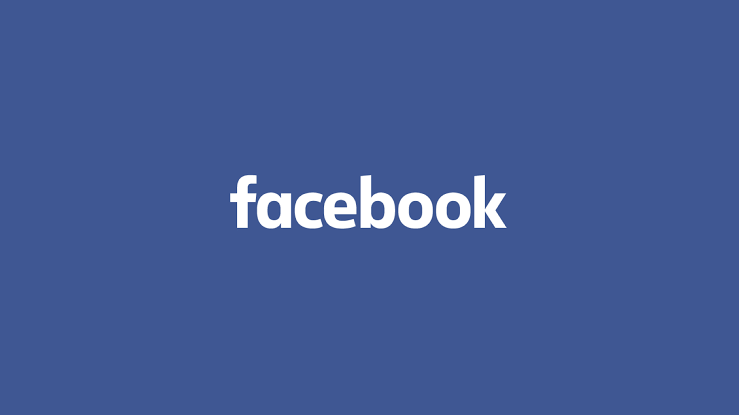Facebook Removes Buhari’s Divisive Post For Inciting Violence
Following Twitter’s footsteps, Facebook had deleted President Buhari’s post for violating its rules.

Facebook has deleted a controversial statement by Nigerian President Muhammadu Buhari, just days after Twitter did same.
After a briefing with the Chairman of Independent National Electoral Commission (INEC), Mahmood Yakubu Tuesday night, Buhari threatened to deal with separatists attacking security forces and government institutions including INEC facilities in the Southeast region “in the language they understand.”
The president cited the experiences of the Nigerian Civil War of 1967 that killed millions of the breakaway Biafra citizens and referenced his role in the war.
“Many of those misbehaving today are too young to be aware of the destruction and loss of lives that occurred during the Nigerian Civil War. Those of us in the fields for 30 months, who went through the war, will treat them in the language they understand,” Buhari said.
Buhari’s statement came after the May 30 Biafra Remembrance Day, fuelling anger over what many Nigerians termed ‘divisive’ and ‘genocidal.’
Few days after the post, Facebook deleted the president’s statement for violating its rules after Nigerians reported it for inciting violence, Premium Times reported.
“In line with our global policies, we’ve removed a post from President Buhari’s Facebook page for violating our Community Standards against inciting violence. We remove any content, from individuals or organisations that violates our policies on Facebook,” the social media firm said.
It came after Twitter had similarly done so. The Nigerian government, in reaction, accused Twitter of playing double standards on issues concerning Nigeria’s unity.
A statement by Lai Mohammed, Nigeria’s Minister of Information and Culture, said Twitter has not been fair to Nigeria.
According to the Minister, the social media company “conveniently ignored inciting tweets by the leader of Indigenous People of Biafra (IPOB), Nnamdi Kanu, and his cohorts.”
Mohammed announced on Friday that the Nigerian government would indefinitely suspend the operations of Twitter in Nigeria, citing the alleged use of the platform for “activities that are capable of undermining Nigeria’s corporate existence.”
The minister said the government has also directed the National Broadcasting Commission (NBC) to immediately commence the process of licensing all social media operations in Nigeria.
In 2019, Nigeria’s National Assembly proposed a legislation dubbed the Protection from Internet Falsehood and Manipulation Bill 2019 that would allow Nigeria’s government to cut off internet access or block specific social media platforms such as WhatsApp, Facebook, and Twitter at its own discretion.
The bill suffered setbacks after two readings at the upper chamber. The pronouncement by the minister is a reflection of the bill.
Support Our Journalism
There are millions of ordinary people affected by conflict in Africa whose stories are missing in the mainstream media. HumAngle is determined to tell those challenging and under-reported stories, hoping that the people impacted by these conflicts will find the safety and security they deserve.
To ensure that we continue to provide public service coverage, we have a small favour to ask you. We want you to be part of our journalistic endeavour by contributing a token to us.
Your donation will further promote a robust, free, and independent media.
Donate HereStay Closer To The Stories That Matter




